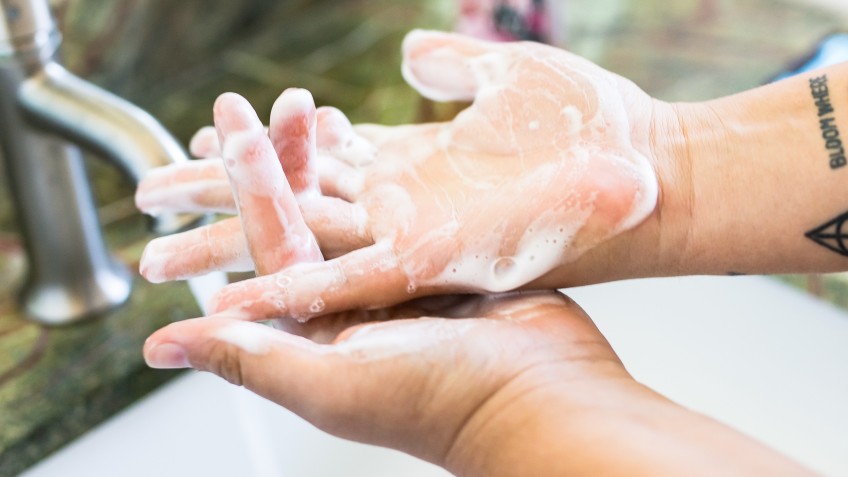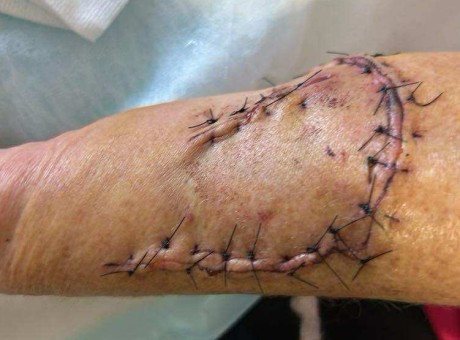Queenstown crypto outbreak spreading person-to-person

People in Queenstown are being warned to wash their hands as public health officials confirm a cryptosporidium outbreak is spreading person to person.
There are now 45 confirmed cases of cryptosporidium in the area, as well as 17 more probable cases, and a further three under investigation, with potentially hundreds more undiagnosed in the community.
Te Whatu Ora Southern medical officer of health Dr Susan Jack says although the primary source of infection remains unknown some locals have become sick after contracting the illness from people they live or work with.
"It is very important that everyone practise good hand hygiene to stop the spread of crypto to other people," Dr Jack says in today's written statement from he health authority updating the situation.
"Wash your hands with lots of soap and water for at least 20 seconds and then dry them thoroughly on a clean towel.
"If someone in your household has crypto, please make sure all surfaces, including door handles, are cleaned regularly with a cleaning product that contains hydrogen peroxide. Chlorine based products do not work against crypto and bleach based products are not as effective."
She says investigations into the source of the outbreak are ongoing and the health authority is working closely with the Queenstown Lakes District Council, national water regulator Taumata Arowai, and the Ministry of Primary Industries to ensure all possibilities are being considered.
A number of Queenstown suburbs have had a boil water notice in place since the outbreak was confirmed ten days ago, but so far samples of source water from Lake Wakatipu and treated water from council's water supplies have tested negative for cryptosporidium.
In the meantime, the council continues to focus on a compliance order issued by Taumata Arowai on Wednesday last week, requiring it to tackle the risk of protozoa, single celled organisms like cryptosporidium, in its Queenstown water supply.
In a media standup the day after receiving the compliance order, district mayor Glyn Lewers committed his staff to having a plan to present to the community by tomorrow (Friday) to respond to it.
For a water supply that services much of central Queenstown, the type of kit needed to meet compliance and shore up safe drinking water straight from the tap comes at a cost, with the mayor flagging $30 million for a suitable protozoa barrier to be installed.
Symptoms of cryptosporidium infection can include watery diarrhoea, stomach cramps, nausea and vomiting.
Dr Jack says anyone who has been in Queenstown since August 18 and has developed diarrhoea should call a GP to arrange for testing whether they are in Queenstown or have returned home to other places.
Main image (Unsplash): Public health advice is for people to be vigilant with hand washing to protect them during a cryptosporidium outbreak in Queenstown.


























